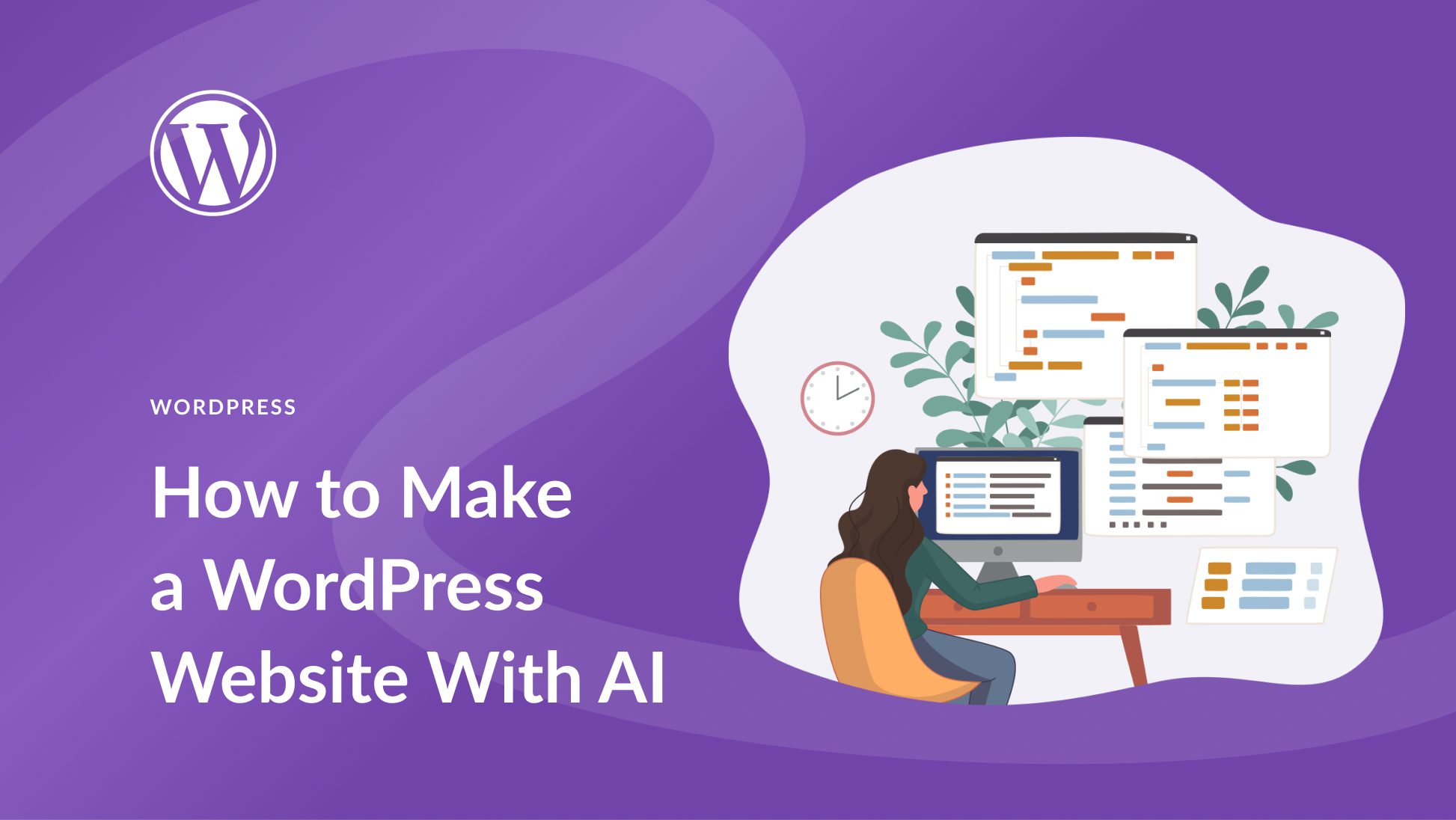
Do professionals use Elementor?
Is Elementor the secret weapon of professionals to create compelling websites? Do top-notch web designers and digital marketers lean towards its usage? Why has there been a growing interest in Elementor among serious professionals?
However, it is essential to recognize that there seems to be a significant debate within the professional community about using Elementor. As highlighted in articles by Forbes and Business Insider, many professionals still raise concerns about Elementor’s efficiency and its ability to handle large scale websites. Moreover, recent surveys conducted in the USA show a divide in preference between other builders like WordPress and Elementor. These concerns have led to suggestions of a need for more advanced tools for professionals, primarily forcing advancement of Elementor’s features, to directly address these issues.
In this article you will learn the various reasons for the uptick in Elementor use among professionals. This piece will provide detailed information about Elementor’s extensive range of design capabilities and ease of use that attracts the professionals. Moreover, this discourse will objectively present Elementor’s pros and cons, shedding light on the ongoing debate on whether it’s the most appropriate tool for professionals.
Brief interviews, testimonials, and case studies will illustrate the varied experiences professionals have with Elementor. Notably, you will also see a comprehensive discussion on how Elementor can upgrade its features and services to address the professionals’ concerns as referenced in the debates mentioned earlier.

Key Definitions: Understanding Elementor for Professionals
Elementor is a cutting-edge WordPress plugin, widely known for its drag-and-drop feature that makes website building a breeze, even for non-technical users.
When we refer to professionals in this context, we mean website developers, digital marketers, and everyone else in the digital industry who build and manage websites regularly.
These professionals use Elementor for its seamless nature that allows them to craft and design stylish and responsive websites without any need for coding. This feature helps professionals save time, and it also enables them to satisfy their clients with a visually compelling and functionally effective website.
Unleashing the Power of Elementor: A Top Choice Among Professionals
The Allure of Elementor: How Professionals Leverage its Power
Elementor, a game-changer in the field of web development and design and widely recognized as an innovative site-builder tool, is used by professionals globally. Experts in the digital frontier are harnessing the power of Elementor for good reasons. With Elementor, designers have the freedom to bring their unique visions to life, without having to grapple with the complexities traditionally associated with website design.
Additionally, professionals find its user-friendliness a refreshing break from the usual mind-boggling intricacies of web design. Elementor facilitates easy navigation, tutorial services, and comprehensive real-time editing features; its drag-and-drop interface barely requires the designer to have coding knowledge. This ease of use does not compromise on functionality, with the tool providing an array of widgets for different use-cases, thereby offering designers the flexibility they need to create stellar, optimized sites.
The Power of Flexibility and Collaboration
The power of Elementor extends beyond individual use. In fact, the platform has quickly become a favorite tool among teams due to its collaboration-facilitating features. Teams can jointly develop and customize projects, providing feedback, and implementing changes in real time, thus providing a seamless, time-saving, and efficient design process. The smooth collaboration results in an enhanced workflow, better project management, and ultimately, more comprehensive and sound designs.
Elementor’s flexibility also translates into compatibility – another reason why professionals invariably choose Elementor. It is compatible with a myriad of themes and plugins, making it a tool-of-choice for executing diverse projects. The responsiveness the tool allows across various display sizes, coupled with the availability of industry-specific templates, make it easy to customize and test designs before publishing them.
Elementor: At the Core of a Professional’s Toolkit
The reasons for Elementor’s emerging as professionals’ favorite are many and compelling. Keeping up-to-date with its updates and harnessing its potential should be any keen professional’s priority. Listed below are three key advantages of using Elementor:
- Enhanced Flexibility: Elementor empowers designers to create tailored experiences while compromising neither on quality nor aesthetics. The fact that all this is possible without any requirement for code is just icing on the cake.
- Seamless Collaboration: Elementor eliminates old-fashioned, back-and-forth collaboration, look beyond individual prowess and leverage team spirit to bring concepts to life on the digital frontier.
- High Compatibility: From themes to plugins and beyond, Elementor’s compatibility ensures designers are never restricted by incompatibility roadblocks. This high compatibility, coupled with the ability to provide mobile-friendly designs, means professionals can design without any limitations.
Mastering Web Design: How Professionals Harness the Potential of Elementor
High-impact Websites fueled by Elementor
Is your website capable of making a stellar first impression in this highly competitive digital world? Unquestionably, an impressionable website plays the central role in establishing an online presence – and professionals across the globe rely on the power of Elementor to anchor their online enterprise. This potent tool, in the hands of creative professionals, transforms ordinary webpages into dynamic, interactive, and user-engaging platforms, serving as the backbone of many successful digital stories. Optimized for professionals, Elementor empowers even the non-coders, arming them with a design palette to translate their imaginative ideas into compelling web interfaces.
Overcoming the Barriers to Effective Web Design
However, creating a blend of appealing visuals and seamless interactivity is no walk in the park. Often, designers grapple with the complexity of coding for unique functionality, leading to immense time consumption and barriers to efficient workflow. That’s where Elementor steps in. Designed to simplify the web creation process, Elementor overcomes the significant challenges faced by professionals. With its drag-and-drop builder, one can easily customize layouts, experiment with design elements, or even build from scratch without any coding know-how needed. Moreover, it enables a real-time design process, enhancing productivity, and streamlining operations for many professionals.
Championing Web Design with Elementor
Taking a closer look at successful websites operated by professionals, one can notice a pattern of characteristics – smooth navigability, eye-pleasing visuals, and engaging content. Let’s consider the case of an online learning portal that uses Elementor. Here, the usage of intricate layout designs and interactive elements enriches the user experience. Then, there is an e-commerce website that benefits from Elementor’s WooCommerce builder, creating visually striking product pages, which escalate conversion rates. Similarly, countless businesses, whether they be photography studios or real estate agencies, can attest to the transformative power of Elementor in creating tailor-made, powerful websites. Ultimately, best practices reveal Elementor as a tool that enables professionals to unleash their design prowess, resulting in high-performing websites that stand out in the crowd.
Elementor Pro: A Game-Changer in The Professional World of Web Development
The Impact of Elementor on Professionals
Can Elementor indeed transform and redefine the digital frontiers for professionals? The answer is, undoubtedly, a resounding yes. Elementor is not just a regular website building tool, it’s a revolutionary platform that empowers professionals to take the reins of their digital destiny. Professionals, ranging from digital marketers, content creators, IT experts, graphic designers to small business owners are progressively adopting Elementor. This ingenious tool enables these professionals to create and manage dynamic, responsive and visually stunning websites with no requirement for coding knowledge. This ease of use has effectively alleviated the strain of website designing, making these professionals more efficient and productive in their respective fields.
The Problem of Dependency and Limitations
The digital age brings along a plethora of opportunities but it also throws challenges at professionals. One of these challenges is dependency on coders and developers for creating and managing websites. Not all professionals have the knowledge of complex coding languages. Thus, they often find themselves at the mercy of expensive developers who might not deliver the expected result. Additionally, using traditional website building tools usually comes with a steep learning curve and built-in platform limitations, which might not cater to all the creativity professionals want to infuse into their work. This dependency and limitations problem sends professionals on a quest for a better, more flexible tool that can cater to their unique needs.
Best Practices: The Power of Elementor
Elementor has emerged as a powerful solution that renders this dependency redundant and eliminates limitations. Several professional case studies bear testament to the transformative power of Elementor. For example, a digital marketer was able to double his conversion rates by leveraging the dynamic content feature of Elementor to create customized client landing pages. Additionally, a graphic designer dramatically expanded her portfolio offerings by using the tool’s extensive free and premium design templates, thereby attracting more clients.
A content creator saved valuable time by using Elementor’s drag-and-drop features to intuitively build, update, and manage his website’s content layout without the need to constantly bug a developer. Similarly, the tool’s versatility has been a game-changer for many small business owners. They were able to design their e-commerce websites exactly the way they envisioned, using Elementor’s WooCommerce builder, and achieved substantial growth in their online sales.
All these examples underline the impact of using best practices with Elementor. Professionals across various spectrums are redefining their digital frontiers, overcoming restrictions, enhancing their productivity and climbing higher on the ladder to success.
Conclusion
Have you ever pondered about how top-notch web developers and designers streamline their workflow in an exceptional way? Elementor, an advanced web building platform, is indeed a tool that an array of professionals leverage for their projects. From top IT firms to independent web designers, Elementor’s stake in the market is extensive and growing. It’s robust functionality, High-end design features, and intuitive user interface make it a go-to tool for professionals involved in web development.
How can you continue following this matter and stay informed as a blooming professional? We implore you to keep an eye on our blog as we constantly share valuable insights, tips, and updates on such topics tailored for your learning. The field of web development and design is constantly evolving and to remain relevant, it’s pivotal to follow authoritative sources that offer timely and accurate information. Our blog is a trove of knowledge where we regularly publish articles on a wealth of different, intriguing subjects in the field, especially focussing on trends, technology, and tools like Elementor.
You would indeed be curious to know what’s coming next, right? We assure you, that just like the previous engaging content, we have a plethora of interesting articles lined up, all brewing within the realms of web technology and design tools, including more in-depth discussions on Elementor. So, are you ready to dive into these upcoming disclosures? All you need to do is wait and watch out for our new releases. You’re just one blog away from learning something new every day in the realm of web development and design. Stay tuned with us and keep building a brighter professional future!
F.A.Q.
1. Do professionals in the digital industry use Elementor?
Yes. Many professional web developers and designers utilize Elementor for building high-quality websites. Given its vast array of customizable features, it is a favorite amongst professionals seeking efficiency and flexibility.
2. What industries typically engage professionals who use Elementor?
Various industries such as e-commerce, corporate businesses, freelancers, and creative agencies all engage professionals that use Elementor. This is because the platform provides an efficient and user-friendly way to build customized websites.
3. Can professional web designers customize Elementor?
Absolutely. Elementor offers a wide range of customization options, making it a perfect tool for professional web designers. Professionals can leverage these features to create unique and aesthetically pleasing designs.
4. How can professionals benefit from using Elementor?
Elementor enhances professionals’ web development process due to its user-friendly interface and customizable options. Moreover, it cuts down development time, enabling professionals to deliver projects swiftly.
5. Is Elementor recommended for professionals at all levels of web development?
Yes. Elementor is designed to cater to web developers of all levels, from beginners to professionals. Its drag-and-drop feature allows even novice professionals to build engaging websites effortlessly.





